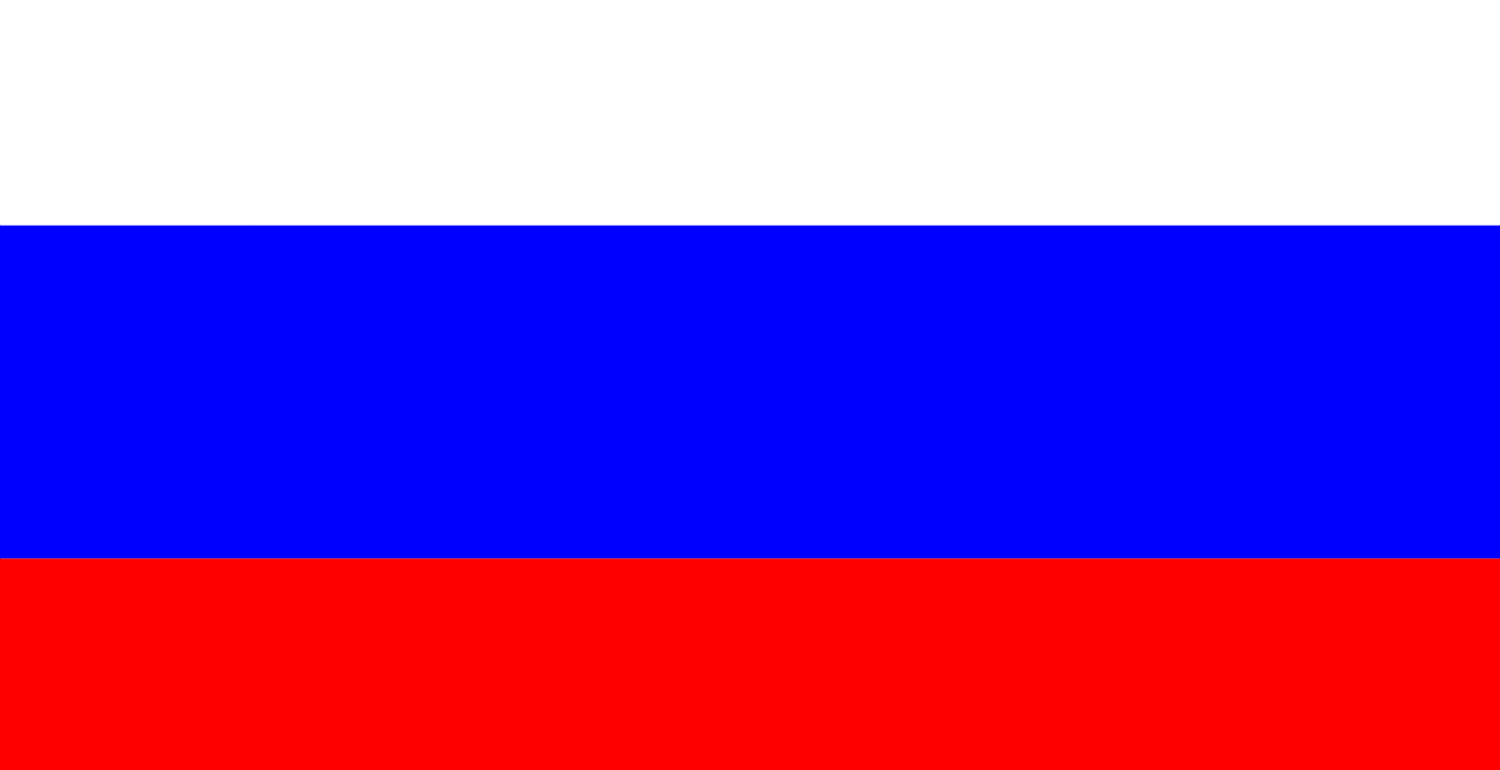The Helsinki Commission examined the situation of the Romani minority in Russia, with a focus on hate crimes, police abuse, and discrimination in the aftermath of the terrorist attack in Beslan, during which Russian President Vladimir Putin referred to the potential for many ethnic-confessional conflicts in the Federation. Reports by Roma of racially motivated attacks by law enforcement agents were also points of discussion.
Panelists – including Dr. Dimitrina Petrova, Executive Director of the European Roma Rights Center; Alexander Torokhov, Director of Roma Ural; and Leonid Raihman, Consultant for Open Society – provided background information on Russia’s Romani minority, setting their discussion in the current context of the current political, economic and security climate in Russia.









